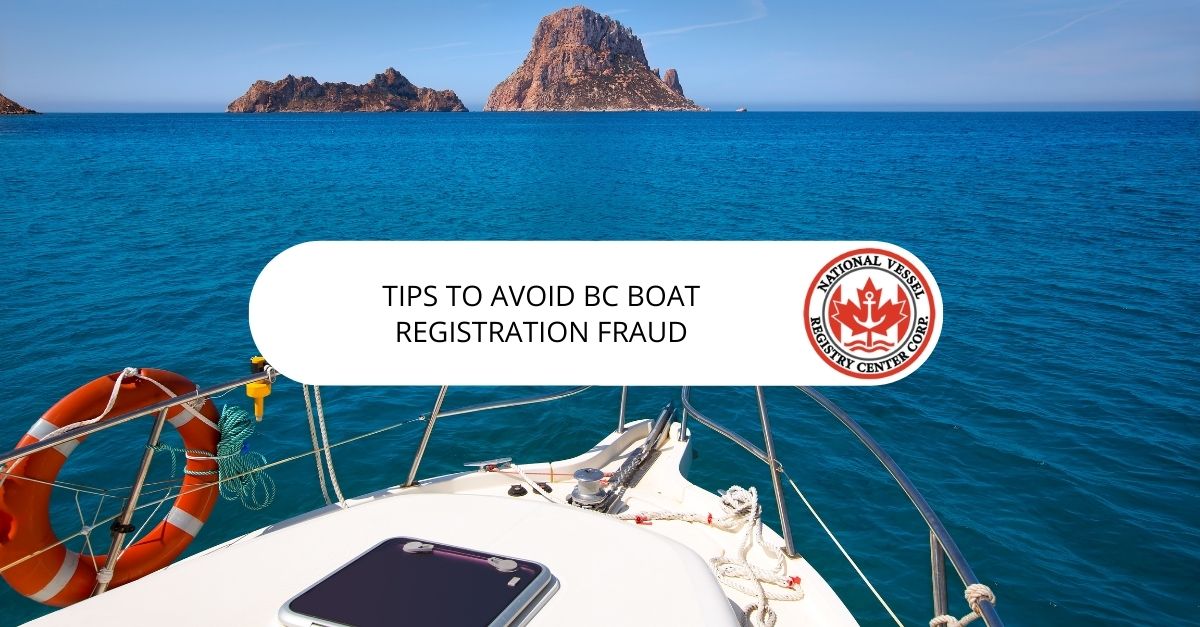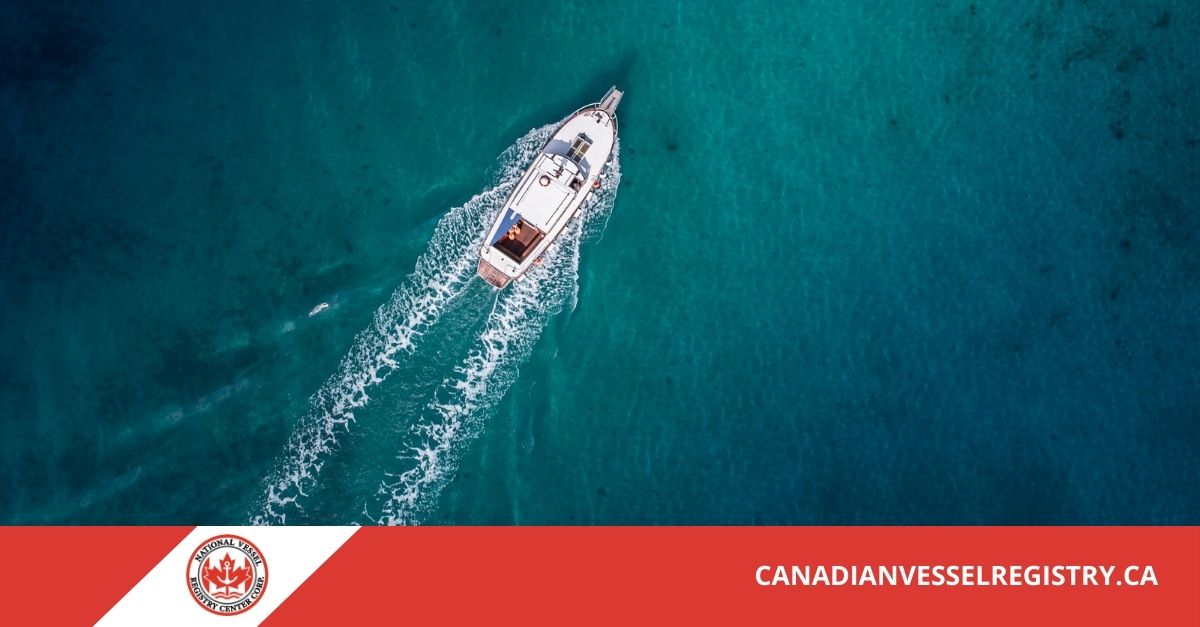Although the BC boat registration process may appear cumbersome at first, several protections are in place to protect you from dishonest persons who may try to take advantage of you. The most common way to defraud boat owners is by charging purchases to a stolen or fictitious credit card over the phone or by mail.
Con artists often use high-pressure sales techniques to trick victims into giving over sensitive information, including bank account details, credit card information, driver’s license numbers, and passwords.
Be careful of anybody who approaches you claiming to be from the Canadian Coast Guard; they may be impostors seeking to steal your identity. The following advice will help you avoid being taken advantage of by con artists whose sole motivation is to make money.
Know Your BC Boat Registration Agent
Reading the other person well is crucial in every commercial transaction. When it’s time to register your boat, the same rule of thumb applies. The National Vessel Registry Center prevents fraudulent activity in boat registers. Having trust in the BC boat registration facility you’re working with is the first step.
When you pick us, you can be confident that we will provide you with the individualized care you need to efficiently and painlessly complete the paperwork at each stage. You will also deal with only the best quality goods and services that are now accessible.
Our competitive rates and excellent customer service will support these products and services. You will get the highest quality boat registration services available if you choose our company.
Keep a Careful Eye on Your Documents
To register your yacht, you’ll need two pieces of documentation: proof of ownership paperwork and BC boat registration documents. The first group of paperwork must attest to your rightful ownership of the boat, such as a bill of sale or Certificate of Origin for an imported vessel. It will be enough if one of them verifies that the boat has been changed to your name.
Proof of Registration Forms Documents having a more official appearance, such as receipts for registration payments or verification from an inspection station that your boat has been examined and certified seaworthy, should demonstrate that you have registered your boat with the government. Both pieces of paperwork are required to register a boat, and you should keep them in different locations.
Always Verify Any Information You Receive Over the Phone or the Internet before Acting on It
One example of identity theft that may be traced back to fraudulent BC boat registration is the theft of a boat. The most prevalent method of perpetrating this scam is calling the boat’s registered owner and pretending to be from the Canadian Coast Guard. The caller informs the owner that re-registering the vessel is required before its usage. The next step is for them to request private information like a credit card number or Social Security number.
The Canadian Coast Guard is aware of this kind of fraud due to recent reports suggesting an uptick in activity. There have been no instances of the Canadian Coast Guard contacting landowners or asking for personal information over the phone.
Don’t Give Out Personal Information Online
When signing up for an online service, you should never give out sensitive information such as your date of birth, social security number, credit card number, or home address. Service providers will ask for this information to set up your account. If you need complete trust in the provider’s capacity to keep your data safe, don’t provide them with this information.
How can you know whether a service provider can be trusted? You should sign up with them if they don’t want your credit card number or any other sensitive information to get started.
Report Anything Suspicious During Your BC Boat Registration
Reporting suspicious behavior is the best safeguard against this sort of fraud. If you spot somebody behaving suspiciously at the marina’s dock or moorage area, you should report it immediately. A casual observer is probably all there, but it’s best to be cautious. Nobody you don’t know well should ever ask to go in your boat, and you shouldn’t provide rides to someone you don’t know well unless a buddy accompanies you. Typically, these are only symptoms of mild curiosity, but they might indicate something more dangerous is going on.
Contact the National Vessel Registry Center today to complete our online Canadian registry forms. We’ll help you avoid BC boat registration fraud and ensure you get through your registration process quickly, efficiently, and, most importantly, legally.


